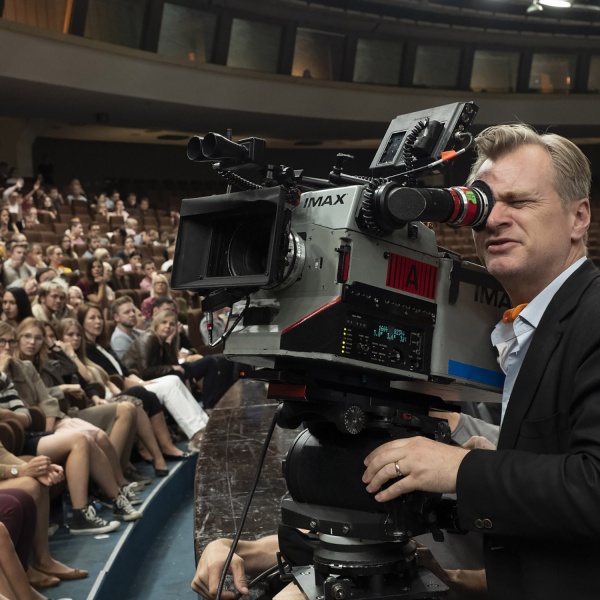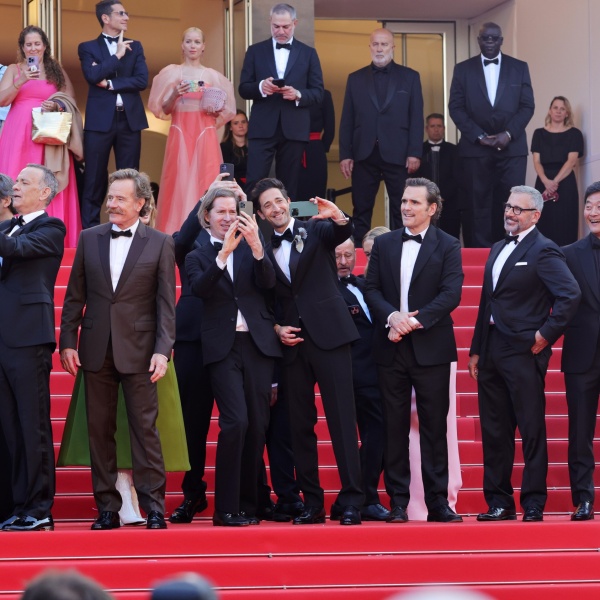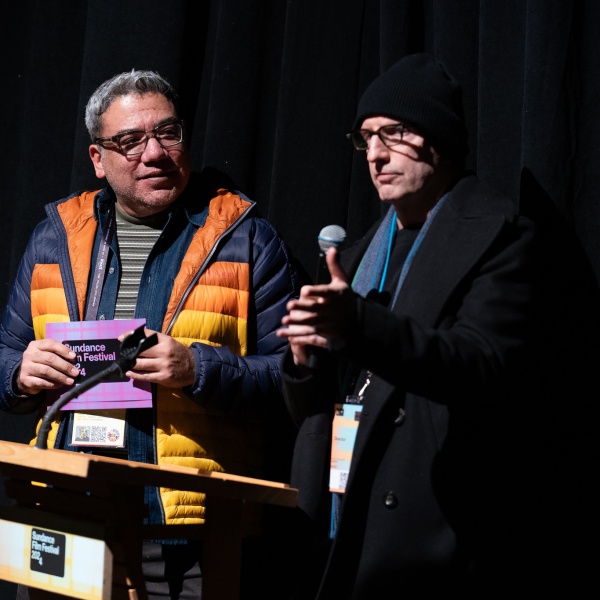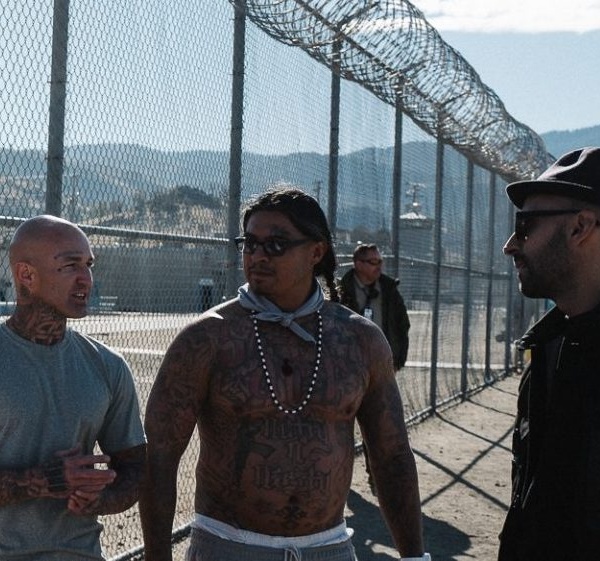One of the finest films ever made about organized crime, “The Long Good Friday” (1980) sees the world of a London gangster abruptly destabilized by bomb attacks and murders of his associates. He and his henchmen attempt to uncover the attackers’ identities, all whilst trying not to worry their visitors in town for the weekend, who are members of the American mafia looking to invest in redevelopment in the area. This British mob classic may seem an odd film to evoke up top in a review of a French-language, Corsica-set debut feature. But one of the main strengths of director Julien Colonna’s “The Kingdom” is how it successfully pulls off a loosely similar, paranoia-driven fall-of-an-empire story within the context of a condensed time period.
The time frame in question is not quite as tight as “The Long Good Friday’s” 24-ish hours of mayhem, but instead a few weeks of explosive disruption that commence with the attempted car-bomb murder of an associate. And rather than investors needing to be sheltered from the full truth of what’s going on, “The Kingdom” instead has the daughter of the crime clan leader, who is the film’s main character. Colonna’s film is set in the 1990s, which in real life was a crucial period of upheaval for the island’s social, political and economic prospects, with clan wars on the rise.
The summer of 1995 is to be Lesia’s (Ghjuvanna Benedetti) first as a teenager. Living with her aunt in a village, she’s becoming interested in local boys, though any plans for summer dating are soon canceled when her guardian one day drives her to the countryside to meet a stranger by his car. Lesia’s given a bag of her things and sent off with the mysterious chauffeur. She is taken to an isolated villa elsewhere on the island, where she finds her father, Pierre-Paul (Saveriu Santucci) hiding out, surrounded by the criminal clan that he leads.
Lesia is not completely clueless as to what her dad does, even if the specifics have been vague. After all, she’s not allowed to live with him, and her godfather, Joseph (Thomas Bronzini), is among the assembled foot soldiers at the villa with whom Lesia displays a pre-existing rapport. Whenever Lesia has been spending any time with her father of late, it’s only on hunting trips, where she apparently shows considerable promise with a rifle. The film’s opening prologue actually begins with the spoils of such a trip being carried from a truck to be prepared for an outdoor feast, with it being implied that Lesia successfully shot at least one of the two boars. She definitely does participate in the gutting of the creature, though that’s no adequate preparation for how being close to slain humans will affect her later on.
Everyone’s at the villa because a political associate was targeted by a bomb he only narrowly escaped while others perished. It’s seen as just the beginning of disturbance to a veneer of relative peace, with numerous other clans assessed as likely culprits on the basis of little concrete evidence. Lesia’s been brought to the safe house so Pierre-Paul can better track her whereabouts, though even a crime lord can’t fully control the whims and wanderings of a teenage girl made to be somewhere she doesn’t want to be. All too quickly, Lesia unwittingly causes problems by dialing her aunt from a house phone at the villa, lying by saying that she’s called from a public phone booth.
When another person close to the clan is murdered soon after that call, the party flees for another hideaway on the island, and then another as more murders occur — some being the killing of Pierre-Paul’s close allies, others being the slaughter of those he targets in retribution based on hunches. The mobster’s inner circle is restricted further and further until the point where it must now just be father and daughter on the run.
The gradual transformation of an innocent child into an accessory to violence, forced to become increasingly pragmatic and cold along the way, is far from a fresh hook this far into the history of crime movies. But Colonna’s film, co-written with Jeanne Herry, is a riveting, moving take on this narrative. So crucial to its success is that central father and daughter duo, with casting for the film reportedly having taken place over eight months. “The Kingdom” is the first screen credit for both Saveriu Santucci and Ghjuvanna Benedetti, non-professional actors like much of the main cast, and their magnetic work here is the kind to make you want them in as many films as possible going forward.
Corsica has one of the highest murder rates in Europe, though beyond the gang warfare, Colonna’s film is astute in observing how smaller instances of predominantly male violence peck away at a young girl and shape the ways she must shield herself more and more while coming of age – from a young, handsome clan henchman arguably being a little too friendly, to lackeys not thinking to knock before entering the bedroom of a teenager who sleeps in her underwear. On that note, one bedroom scene displays Colonna’s credentials for a potential horror film gig in his future, with Lesia wetting the bed after a genuinely creepy dream in which a slain clan member haunts her, with the murdered man’s family pointing at her with blame from a television screen.
Even the ways in which Lesia has previously connected to her father have seen violence imposed on her. Confiding in one of the few other female characters that pop up in the narrative, Lesia confesses that despite her apparent skill with a gun, she’s never actually liked hunting; she’s only ever kept up the pursuit just to spend time with her dad. All the more tragic, then, that the most substantial bonding the pair will ever do is while being hunted themselves.
Grade: B
“The Kingdom” world premiered in Un Certain Regard at the 2024 Cannes Film Festival. It is currently seeking U.S. distribution.






